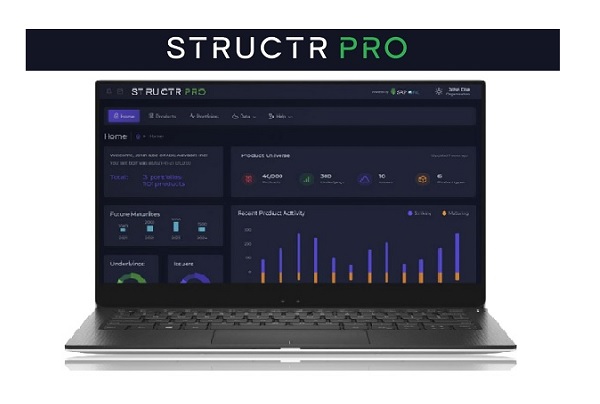Many people avoid investing in ESG or SRI investments because there is a widely held view that they are likely to underperform. This myth is slowly being overturned as we are seeing such investments produce desired returns with the added bonus of reduced levels of volatility.
What everyone understands ESG to be
It is no surprise that sectors like mining, oil, gas and weapons have seen increasing levels of volatility as political and market uncertainty shines a light on companies refusing to change or not changing quickly enough. Climate change is becoming a growing concern and Greta Thunberg has become a household name in Europe. Transparency around gender pay gaps and diversity within companies is increasingly demanded and we are seeing more fund managers place pressure on companies in the form of being an “activist” shareholder or investor. ESG investments are seeing record inflows of money being poured into them so as to reduce their exposure to volatility as companies who refuse to adapt are left behind by forward progressive companies who see the long term benefits.
Not all investors feel the moral responsibility when investing in companies that have high ESG scores, nevertheless, it does not stop them from investing in these companies, as they can see the benefits of investing in companies where long term sustainability has a positive impact on returns.
Play right, perform well?
Research firm Morningstar produced a study on their 56 ESG indexes which showed that although limiting investor choice could have negative consequences, when it came to sustainable investments, including ESG, restricted portfolios performed well. This is predominantly because having a healthy balance sheet, strong governance and being socially responsible can help mitigate risks and thus reduce the likelylihood of unexpected costs, such as fines, law suits or higher costs of debt.
One of the statistics they reported was that 41 out of 56 (73%) Morningstar ESG indexes have outperformed their non-ESG equivalents since inception and 48 out of the 56 (86%) exhibited superior scores on financial health meaning they are less likely to experience serious financial distress.
How returns can be achieved
A recently matured structured product, the SG Lux Finvex Booster Note, is a shining example of how returns do not need to be sacrificed in order to make a sustainable investment. This 5 year note was linked to the Finvex Sustainable & Efficient Europe 30. The index started in July 2011 and contains 30 equally weighted equities which are listed on a variety of European exchanges.
Investors saw a return of 86% in addition to capital. Although the product had no barrier or capital protection, the high uncapped participation rate of 325% promised strong return prospects. Where this product becomes interesting is that the underlying index significantly outperfomed the Euro Stoxx 50.
If an investor had chosen to track the Euro Stoxx 50 with an ETF, over the same period, then they would have made a return of just 1.34%. If the investor had gone into an ETF tracking the Finvex Sustainable & Efficient Europe 30 index they would have seen returns of 26.52%, the participation of 325% is what really boosted the structured product return.
Stop thinking its mutually exclusive
Whether people are investing in ESG for the principles or for returns and stability, one thing is clear, money is flowing into funds that target high ESG scores as investors seek a longer term position for their portfolios. The Actiam Sustainable Euro Fixed Income Fund grew to £2.5 bn in less than one month after coming to the market in May 2019. The fund has an active ESG policy with engagement and exclusions based on Actiam's Fundamental Investment Principles: human rights, fundamental labour rights, anti-corruption, the environment, weapons, client and product integrity and animal welfare.
For some investors though, outperformance is not the only consideration. Some are more than willing to invest in ESG for wanting to support companies that are good corporate citizens.
Tags: Investment Structured Edge















